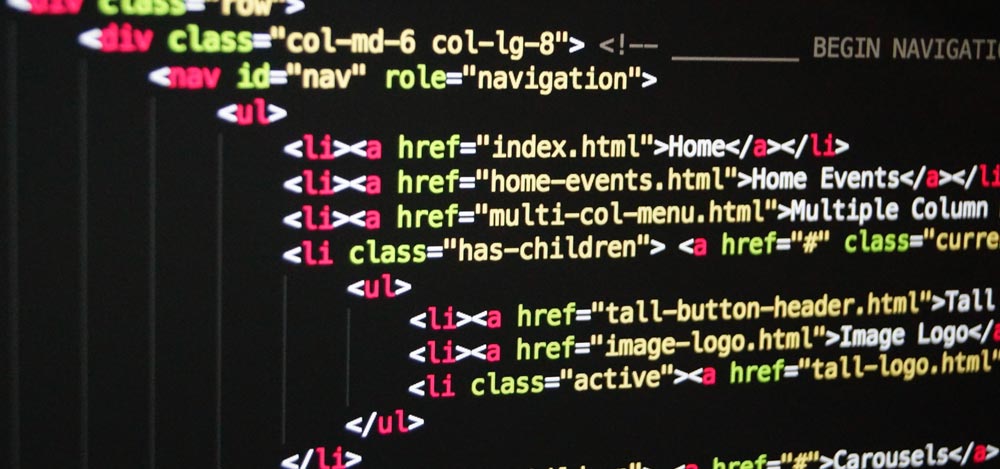Combining arrays in PHP
Monday, June 6th, 2016 | Programming

If you need to combine two arrays in PHP, you first thought might be to use the + operator. However, this is unlikely to do what you want it to to. If we look at the following example, you might expect it to output an array with all three elements.
<?php
$listA = ['banana'];
$listB = ['apple', 'pear'];
$listC = $listA + $listB;
var_dump($listC);
However, what you will actually get back is an array containing two elements: banana and pear. This is because when you use the + operator in PHP it combines it using array keys. Even though these are non-indexed arrays, PHP looks at them like this:
[0 => 'banana']
[0 => 'apple', 1 => 'pear']
Therefore when you add them together, it combines the keys, taking the earliest. In this case, to get the result you want, you want to use the array_merge function. For other scenarios, PHP has a range of different functions to combine arrays in different ways.

If you need to combine two arrays in PHP, you first thought might be to use the + operator. However, this is unlikely to do what you want it to to. If we look at the following example, you might expect it to output an array with all three elements.
<?php $listA = ['banana']; $listB = ['apple', 'pear']; $listC = $listA + $listB; var_dump($listC);
However, what you will actually get back is an array containing two elements: banana and pear. This is because when you use the + operator in PHP it combines it using array keys. Even though these are non-indexed arrays, PHP looks at them like this:
[0 => 'banana'] [0 => 'apple', 1 => 'pear']
Therefore when you add them together, it combines the keys, taking the earliest. In this case, to get the result you want, you want to use the array_merge function. For other scenarios, PHP has a range of different functions to combine arrays in different ways.